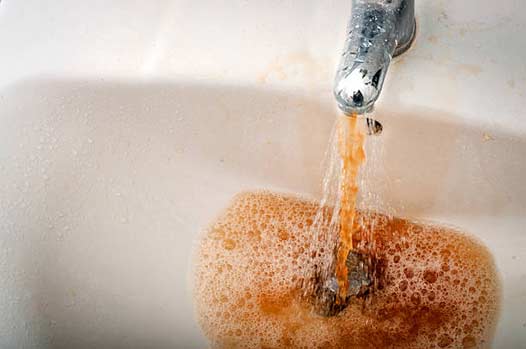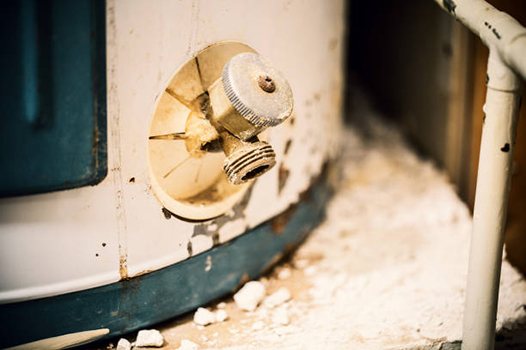The Importance of Recognizing the Red Flags of a Deteriorating Water Heater
A water heater is an essential appliance in any household, providing hot water for various activities such as bathing, cooking, and cleaning. However, like any other mechanical device, water heaters have a limited lifespan and can deteriorate over time. It is crucial for homeowners to recognize the warning signs of a deteriorating water heater to prevent potential disasters, such as leaks or complete system failure.
Understanding How Water Heaters Work
Before we get into the red flags, let’s take a moment to understand the basic functioning of a water heater. Most residential water heaters rely on a storage tank system, where cold water enters the tank through a supply line. The water is then heated using an electric or gas-powered heating element, depending on the type of water heater. Once the desired temperature is reached, the hot water is ready for use and is delivered to the various taps and fixtures in the house.
Now that we have a basic understanding of how a water heater works, let’s explore the common red flags that may indicate a deteriorating unit.
Inconsistent Water Temperature
One of the earliest signs of a deteriorating water heater is inconsistent water temperature. If you notice that your showers are starting off too hot or too cold, even if you haven’t made any adjustments to the temperature settings, it could be a warning sign. A failing heating element or a malfunctioning thermostat can result in fluctuating water temperatures, making it uncomfortable and inconvenient for daily activities.
Unusual Noises
If your water heater starts making strange sounds, it is definitely a cause for concern. Banging, popping, or rumbling noises coming from the unit can indicate sediment buildup inside the tank. As water heaters age, sediments can accumulate at the bottom of the tank, causing efficiency issues and potentially damaging the heating element. Regular maintenance, such as flushing the tank to remove sediments, can help prevent further deterioration.

If you notice a brownish or reddish tint to your hot water, it could indicate corrosion inside the tank.
Discolored or Rusty Water
Another red flag to watch out for is discolored or rusty water coming out of your taps. If you notice a brownish or reddish tint to your hot water, it could indicate corrosion inside the tank. Over time, constant exposure to water can cause the tank to deteriorate, leading to leaks and other issues. Discolored water can also be a sign of a failing anode rod, which is responsible for protecting the tank from corrosion. If you encounter this issue, it is crucial to have your water heater inspected by a professional.
Water Leaks
Water leaks are a clear indication that something is wrong with your water heater. Even a small leak around the unit should not be ignored, as it could be a warning sign of a larger problem. Leaks can occur due to a variety of reasons, such as a faulty pressure valve, a cracked tank, or loose connections. Ignoring leaks can lead to extensive water damage and even pose a safety risk. If you notice any signs of leakage, it is vital to shut off the water supply to the heater immediately and contact a professional plumber.
Age of the Water Heater
While not a direct red flag, the age of your water heater can be a good indicator of its condition. On average, a water heater has a lifespan of around 8 to 12 years. If your unit is approaching or has exceeded this age range, it is more susceptible to deterioration and issues. Regular maintenance becomes even more crucial for older water heaters to ensure their longevity and efficient operation.
Conclusion
Recognizing the red flags of a deteriorating water heater is essential for every homeowner. By staying vigilant and addressing these warning signs promptly, you can prevent costly repairs, damage to your property, and the inconvenience of having no hot water. Remember to speak with a professional plumber for proper diagnosis and possibility of replacing your water heater entirely, as they have the knowledge and expertise to handle water heater issues effectively.
Investing in regular maintenance and periodic inspections can significantly extend the lifespan of your water heater, ensuring a continuous supply of hot water for your everyday needs. Don’t wait for a complete system failure – be proactive in monitoring your water heater and take necessary actions to keep it in optimal condition.
